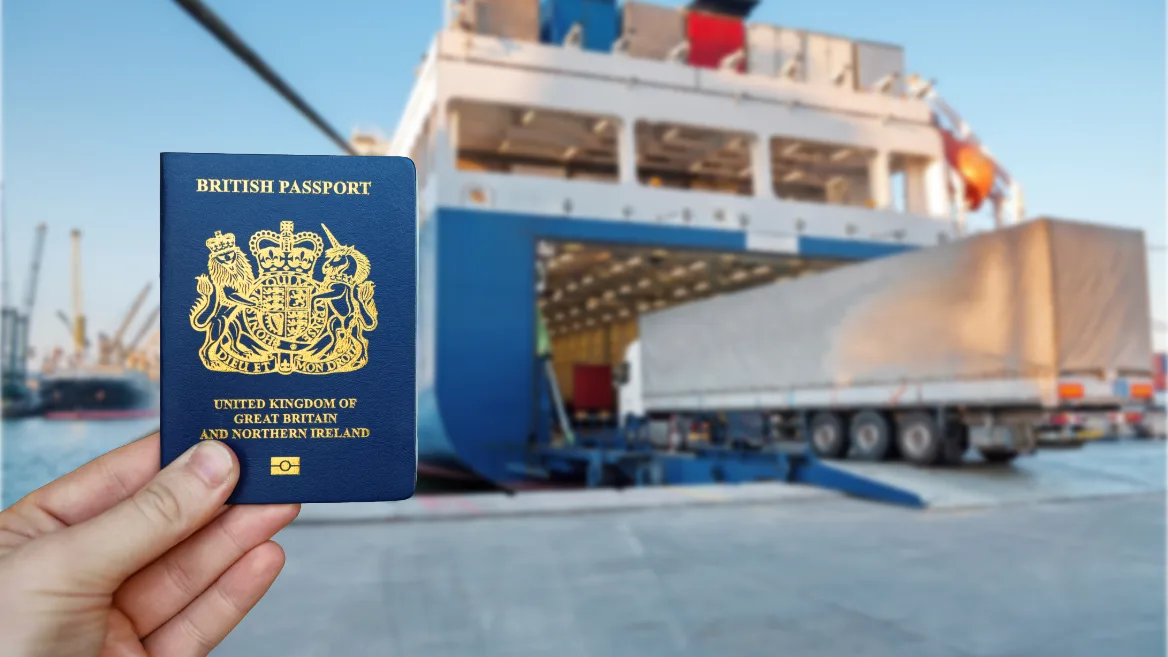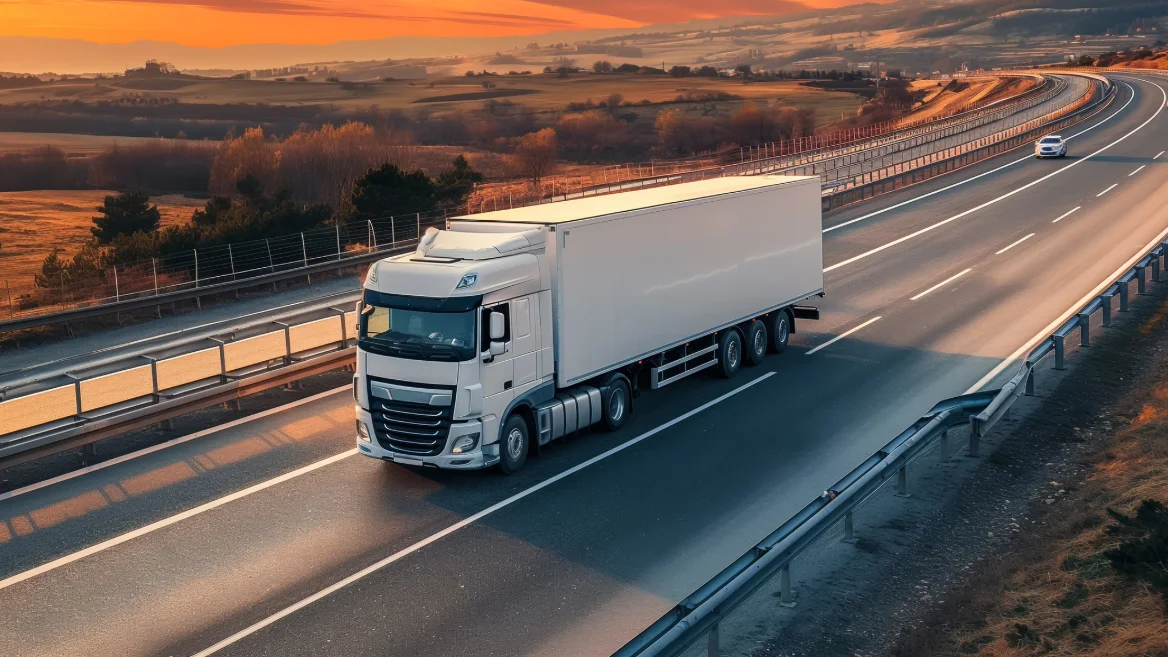Welcome to This Week in Freight, your go-to source for the latest haulage and road freight news and advice in the UK.
Every Friday, we gather the week’s top stories affecting fleet managers, operators, and drivers, keeping you informed on industry trends, updates, and key developments.
📦 UK–EU strike new trade deal
The UK and EU have agreed to a new permanent deal to reduce red tape, cut border delays and ease the movement of goods, particularly food, between Great Britain, Northern Ireland and the EU.
The agreement includes a new sanitary and phytosanitary (SPS) zone to reduce checks on plant and animal products, new emissions trading alignment to avoid carbon taxes, and updated travel and customs clearance rules. It’s expected to boost the UK economy by nearly £9 billion by 2040.
Trade bodies have welcomed the move, but are calling for more clarity around the Windsor Framework and restrictions like the 90/180-day haulage rule, which continues to affect international operators.
👨🏫 Government scraps HGV driver training scheme
The government has axed its Skills Bootcamps for HGV drivers just three years after launch, despite the ongoing driver shortage and industry pressure to extend the HGV driver training scheme.
Over 20,000 drivers have been trained through the 16-week programme since 2022, but with no contract extensions, all training must be completed by 30 September.
The move risks a major shortfall in new drivers, with industry leaders warning it could cause long-term damage to training capacity, lead to closures of training schools, and threaten economic growth. Some regions still have devolved funding but for most of the UK, no new HGV bootcamps are planned.
Find out more on Motor Transport.
🚛 600km range. 40-minute charge. Zero excuses.

Volvo’s new FH Aero Electric could be a game-changer for long-distance haulage. With a 600km range, payloads comparable to diesel trucks, and a 40-minute charge time, it’s built to integrate into real-world operations.
For logistics firms looking to cut emissions without sacrificing productivity, this might be the first electric HGV that actually fits the bill. The new truck will be available in 2026, but interest is already building.
🌮 Tachograph laws and how to stay compliant
Driver fatigue, missed records, or poor training could be costing you.
Our guide to tachograph laws offers practical advice on keeping your drivers safe, your fleet compliant, and your business penalty-free.
Don’t let small errors create big problems.
🔌 eHGVs could soon charge themselves

Hands-free charging just took a major step forward. Rocsys and Einride have successfully tested a fully autonomous electric HGV that can plug in and charge without human intervention.
Demonstrated at Sweden’s AstaZero test site, the breakthrough hints at a future where electric freight vehicles can run around the clock, automatically refuelling during rest periods — no driver, no cable handling, no downtime.
As the industry explores autonomous and electric freight at scale, hands-free charging could be the missing piece to make continuous, driverless logistics a reality.
⚡️ Electric HGVs may already be cheaper
A new study by Exeter University shows the total cost of owning an electric HGV is starting to beat diesel – even before factoring in green targets or emissions rules.
In some regions, electric trucks are already the most cost-effective option, and the UK is approaching the tipping point faster than expected. As battery prices drop and tech improves, lifetime savings are becoming too big to ignore.
Policy still plays a big role, but the data is clear: electric trucks aren’t just better for the environment – they’re becoming better for your bottom line too.




